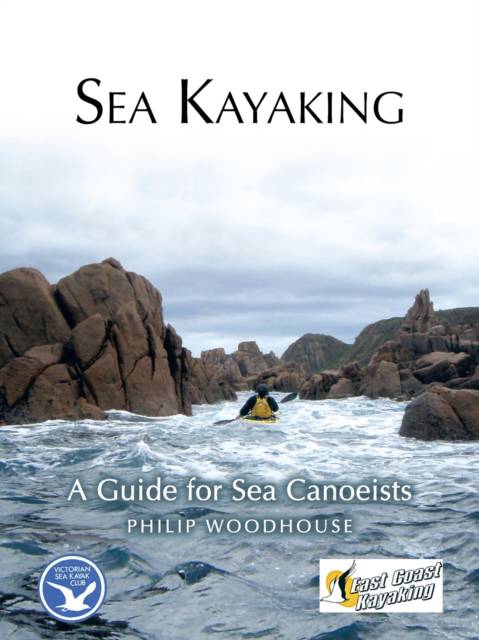
- Afhalen na 1 uur in een winkel met voorraad
- Gratis thuislevering in België vanaf € 30
- Ruim aanbod met 7 miljoen producten
- Afhalen na 1 uur in een winkel met voorraad
- Gratis thuislevering in België vanaf € 30
- Ruim aanbod met 7 miljoen producten
Omschrijving
In Sea Kayaking, comprehensive guide for those who travel the open waters in the Southern Hemisphere, Philip Woodhouse, Australian paddler and Royal Australian Air Force veteran, shares his years of experience, technical training, and military teaching skills.
What began as a personal reference was soon developed as a training manual, recommended by the Victorian Sea Kayak Club to its membersand East Coast Kayaking to their patrons and Australian Canoeing students.
Sea Kayaking covers boat design, kit requirements, paddling skills, health and well-being, meteorology, the ocean environment, navigation, communications, conservation andminimal-impact camping, conservation, seamanship, electrical bilge pumps, solar panels, light sources, boat repairs, leadership, risk management, basic safety and survival strategies, as well as a brief overview about the history and various types of canoeing.. There is also a comprehensive glossary to assist the reader in understanding the terms and concepts discussed in the main text.
Woodhouse's work differs from most manuals about sea kayaking in that it is written from the perspective of someone who paddles the Southern Hemisphere. As such, the major differences between the two hemispheres-weather patterns, navigation, laws, and terminology-are discussed, as well as compared to their Northern Hemisphere counterparts.
In the end, paddling skills are paddling skills, hypothermia is hypothermia, and twenty-five-knot winds are twenty-five-knot winds. A three-metre tidal range can still produce a long haul across mud flats when the tide is out-and landing through two-metre surf is still scary (though a lot of fun), no matter where you paddle.
Specificaties
Betrokkenen
- Auteur(s):
- Uitgeverij:
Inhoud
- Aantal bladzijden:
- 380
- Taal:
- Engels
Eigenschappen
- Productcode (EAN):
- 9781452508481
- Verschijningsdatum:
- 13/12/2013
- Uitvoering:
- Paperback
- Formaat:
- Trade paperback (VS)
- Afmetingen:
- 210 mm x 279 mm
- Gewicht:
- 852 g

Alleen bij Standaard Boekhandel
Beoordelingen
We publiceren alleen reviews die voldoen aan de voorwaarden voor reviews. Bekijk onze voorwaarden voor reviews.











